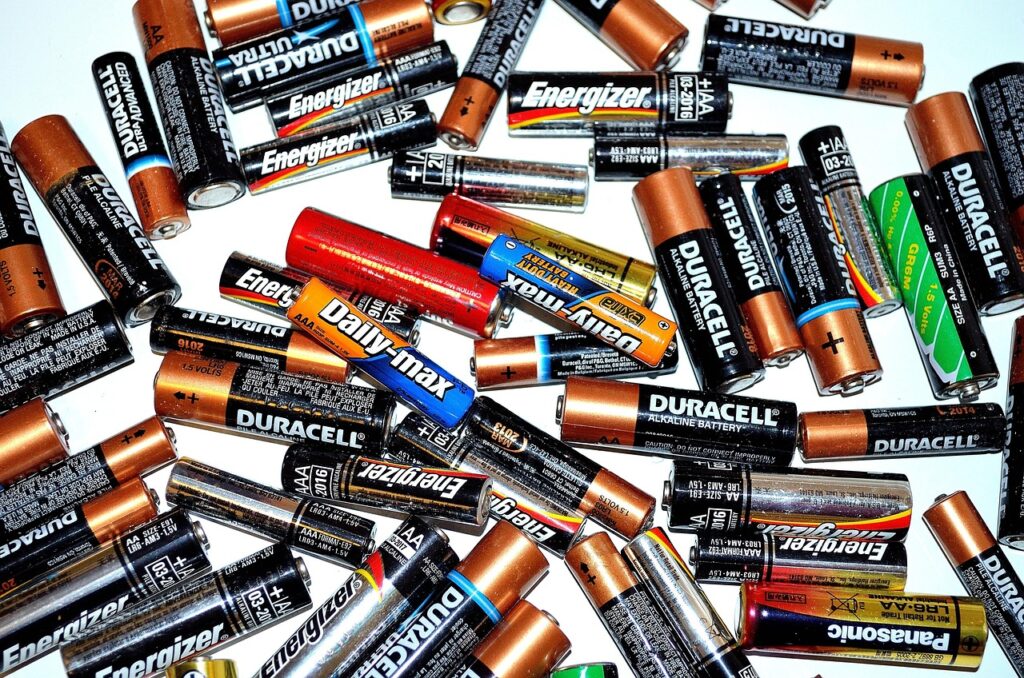“Recycle My Battery,” a nonprofit organization founded in 2019, has established more than 1,000 recycling collection points and collected over 625,000 batteries for proper disposal. The New Jersey-based initiative was created by Nihal Tammana when he was just 10 years old after learning about a lithium-ion battery explosion at a waste facility.

The organization’s primary mission addresses a significant environmental concern: improperly discarded batteries can contaminate ecosystems and pose safety hazards. Research conducted by the nonprofit demonstrates that alkaline batteries can alter soil pH to levels that inhibit plant growth, while lithium-ion batteries present fire and explosion risks when compacted in waste facilities.
Through community education programs and “The Battery Challenge” initiative designed for schools, Recycle My Battery raises awareness about proper disposal methods while making recycling accessible. The organization emphasizes that battery recycling produces fewer greenhouse gas emissions and requires less energy and water consumption compared to raw material extraction.
With approximately 1,000 volunteers worldwide, the nonprofit has expanded internationally, collaborating with Australia’s largest battery recycling company and seeing its educational materials featured in German textbooks. The organization is also developing innovative technology to harvest residual energy from used batteries—a project validated by researchers at the University of Waterloo.
Recycle My Battery aims to reach one million recycled batteries by the end of this year and create measurable positive impact through targeted waste reduction efforts. In the words of its now 15-year-old founder, “if I can make the Earth a better place to live, you can…. If you can, we all can.”

